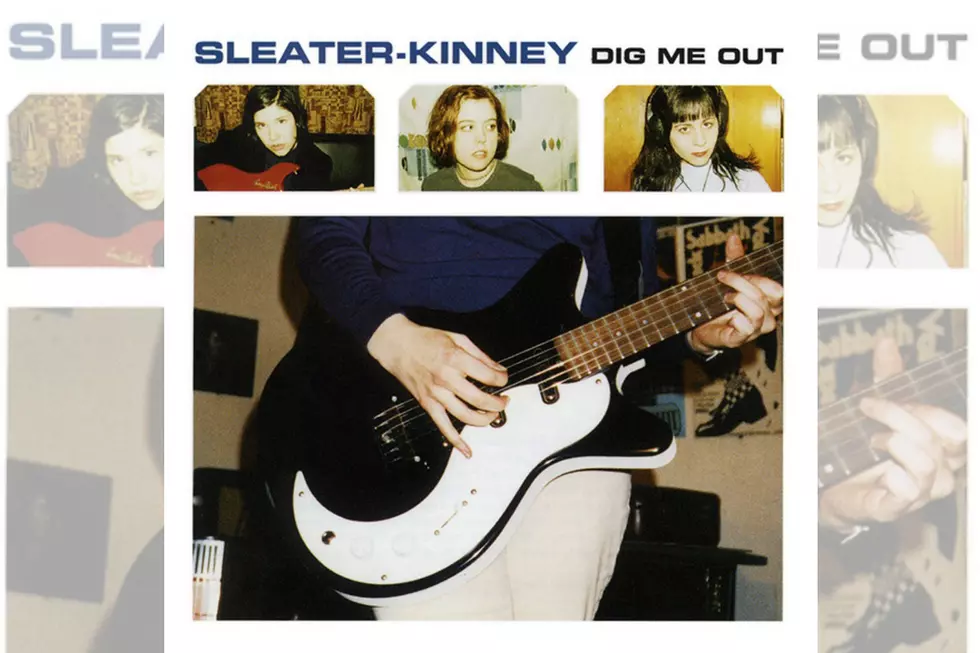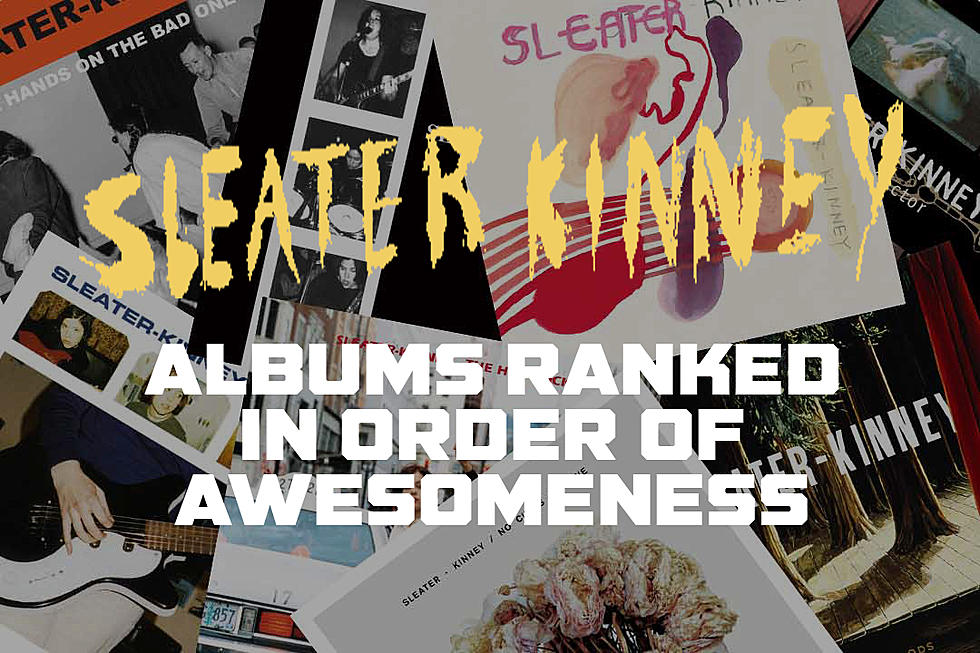
Sleater-Kinney, ‘No Cities to Love’ – Album Review
As a fan who owns and loves every album that Sleater-Kinney have ever released, 2006 was a bitch of a year for me.
When Sleater-Kinney announced their indefinite hiatus I felt an overwhelming and terrifying emptiness hovering over the world. How could a band that became an intentionally harsh voice of a generation simply stop existing? No one had prepared for them to disappear. There were no contingency plans to make up for the disappearance of one of the most important band of the last 20 years.
The music world would be different.
However, I also understood that it was logical that the band should hang it up. They had a lot going on. Corin Tucker had kids to raise and a family to spend time with. Carrie Brownstein had a desire to dive deeper into her writing career. They wanted to try things that touring makes impossible. This just wasn’t their life anymore.
It wasn’t as though Sleater-Kinney hadn’t accomplished more than enough. The band had released seven flawless albums between 1994 and 2005, with subject matters ranging from politics to anti-war anthems and gender roles to feminism.
They had become an intentionally recognized voice of a generation, and it was tough to admit, but Sleater-Kinney didn’t need to reunite. They had nothing left to prove. There was no reason for the band to risk tarnishing their near-perfect legacy. Yet, being punk as all get out, they did anyway.
Therefore, 'No Cities to Love' is a gift and everyone who loves music should rejoice that it exists.
With all of the makings for a potential “Album of the Year,” 'No Cities to Love' is primed to whip 2015’s apathetic ass. With crunchy guitar riffs and punk drumming intermittently weaved into Sleater-Kinney’s big anthems and bigger social commentary, the band returns with more swagger than ever. The album’s title track has already begun to creep into the hearts of the next generation; the video, which features everyone from Fred Armisen to Gerard Way, spun into viral status, flooding Facebook and Twitter overnight.
Social media is not the only new approach the band took to promote the album. Facing a new generation, Sleater-Kinney opted to couple a new, hi-fi sound with their signature DIY structure, as tracks like 'Fangless' and 'Surface Envy' pound the listener with addicting riffs and infectious choruses. The musicianship throughout the album is both reminiscent of better times and reflective of their influence on the current scene. Although Tucker’s voice can be found in all of the Karen Os of the world, throughout 'No Cities to Love,' her rough and jaded vocals proudly accentuate her legacy.
Take for example how 'Price Tag,' the album’s opener, rallies against consumerism while 'No Anthem' cries for us to stand up and rally for change. In a time when protest singers have gone the way of dinosaurs, Sleater-Kinney are warming up their megaphone; this band is the change we want to see in the world.
And the world is better -- at least conceptually -- for having them return.
More From Diffuser.fm









